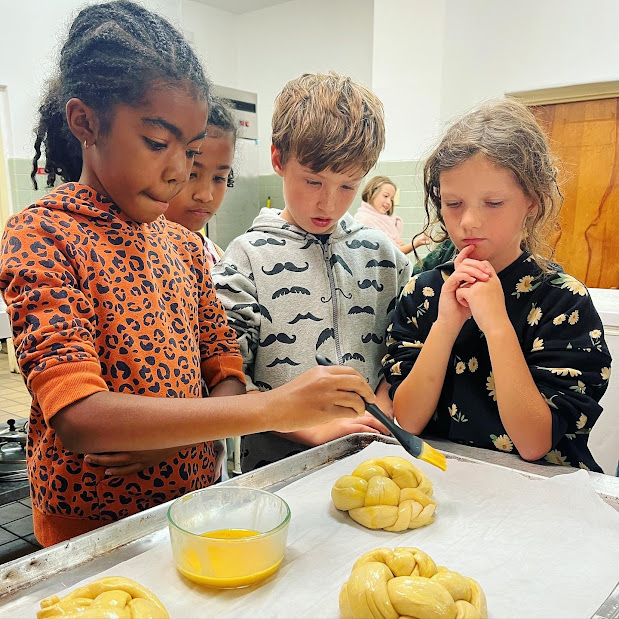
Beyond Textbooks: Unleashing the Power of Hands-on, Interdisciplinary Learning
Waldorf education prepares graduates with a range of skills and knowledge for finding creative solutions to complex problems. We achieve this through hands-on, project-based, and interdisciplinary teaching and learning. Children learn to apply math through games and physical constructs, to explore the laws of physics through field experiments, and to use their artistic abilities to convey their understanding of different subjects. In this way, academics gain context and meaning for children. Students discover that learning is a lifelong pursuit that continues well beyond the classroom. They develop a fascination with the world around them, how things work, and how […]
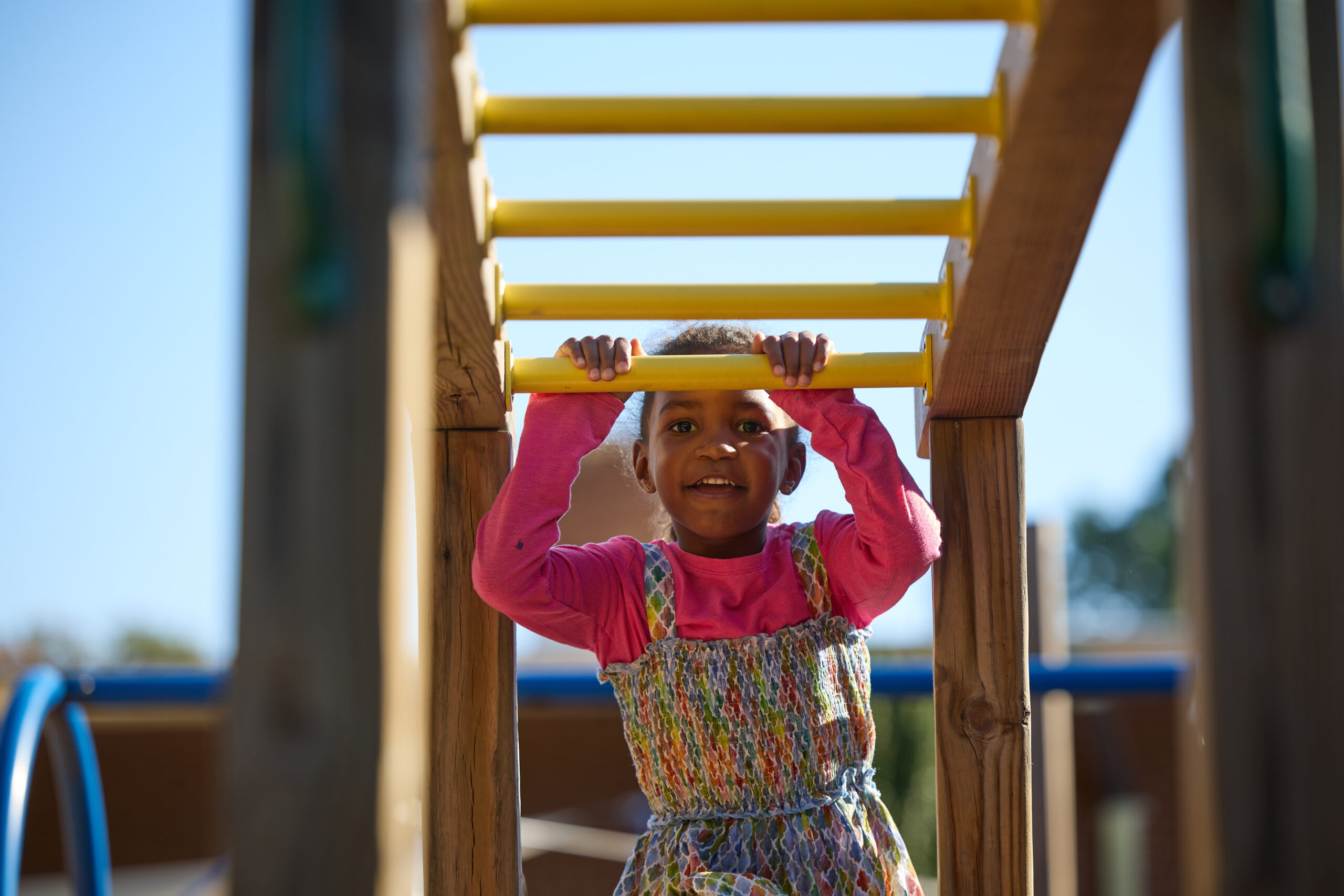
How to Raise Happy, Healthy, and Resilient Children: A Waldorf Approach
Waldorf education is an intentionally balanced approach to teaching with the goal of graduating happy, healthy, and resilient young people. We interweave academics, artistic activities, movement, and outdoor time in a way that reduces stress and enhances learning. We provide rhythm for each day, season, and year which builds confidence and ensures that students feel secure. Social-emotional learning and problem solving are integrated throughout our curriculum so children develop the skills they need to thrive. We are a community where students feel seen, recognized, and challenged to do their best work and be their best selves.
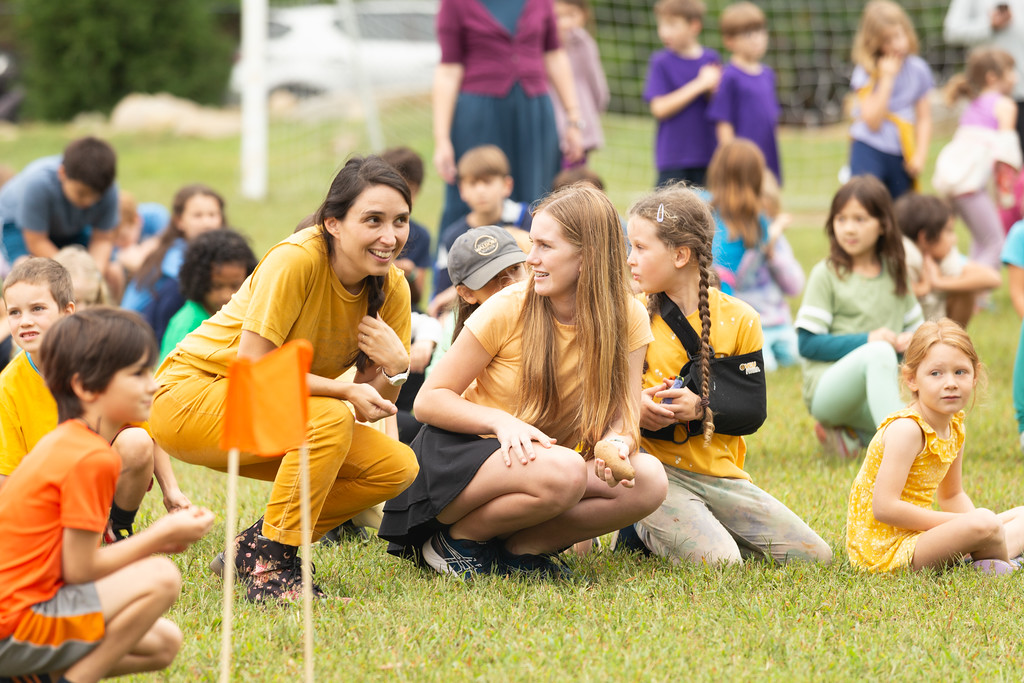
A Child-Centered Educational Model Where Kids Feel “Seen”.
One of the best scientific predictors for how a child turns out in terms of happiness, academic success, and meaningful relationships is whether adults in their life consistently show up for them. Waldorf teachers strive to see and recognize each of their students, greeting them each morning individually, and working with them over multiple years to build on their unique strengths and meet their individual challenges so they can thrive. At Richmond Waldorf School, we recognize that our student’s physical, social and emotional well-being are a key part of their ability to learn and thrive. Our holistic approach to […]
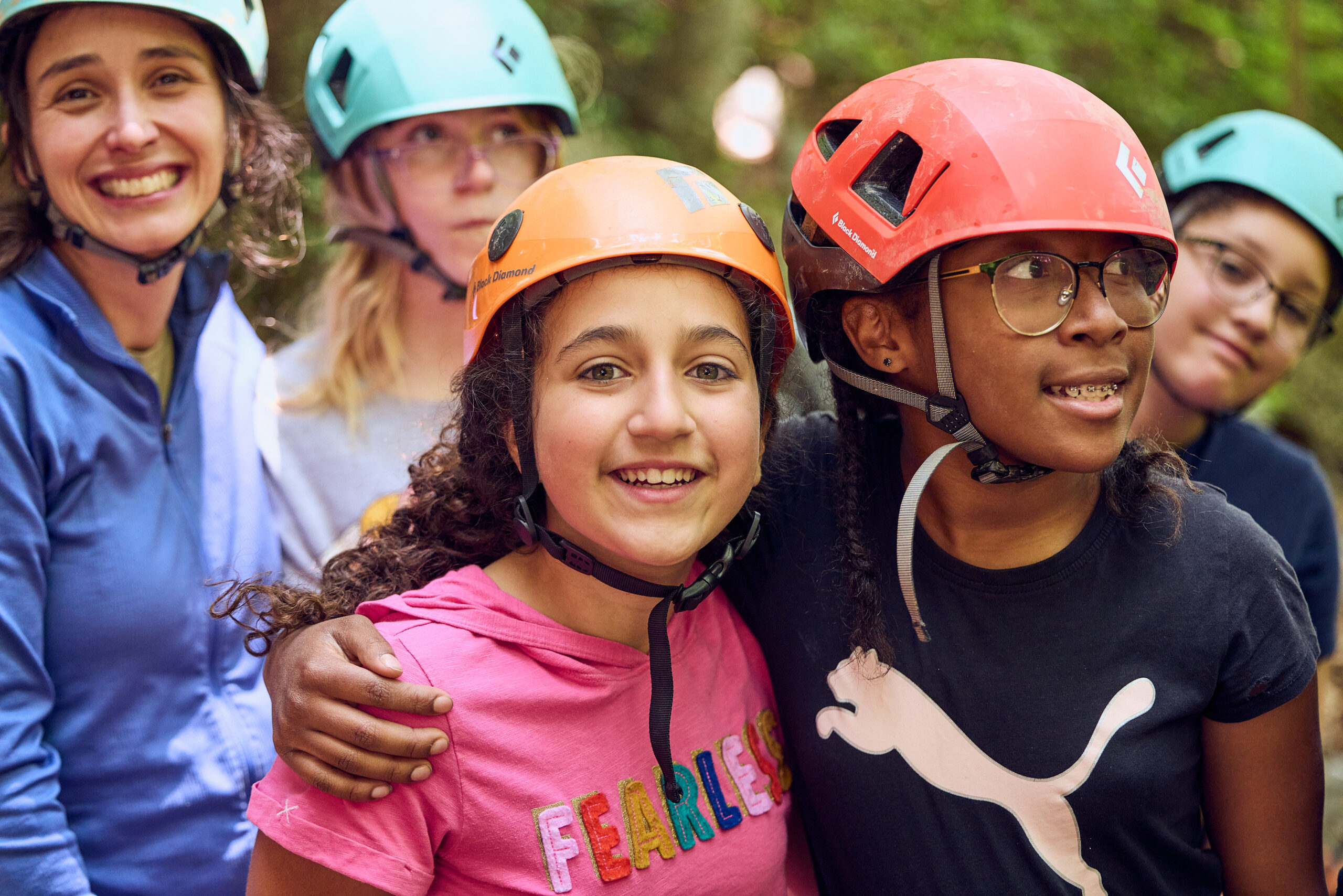
Waldorf Education Provides A Foundation for Success
Many employers seek specific skills in their potential employees, such as leadership, effective communication, adaptability, teamwork, and creative problem-solving. Waldorf education stands out in preparing children with these crucial skills through a hands-on, experiential curriculum that covers a wide range of academics and arts. This approach helps students become confident, creative, adaptable, and able to connect well with others. Waldorf education doesn’t solely prepare graduates for higher education, it equips them for success in any career they choose.
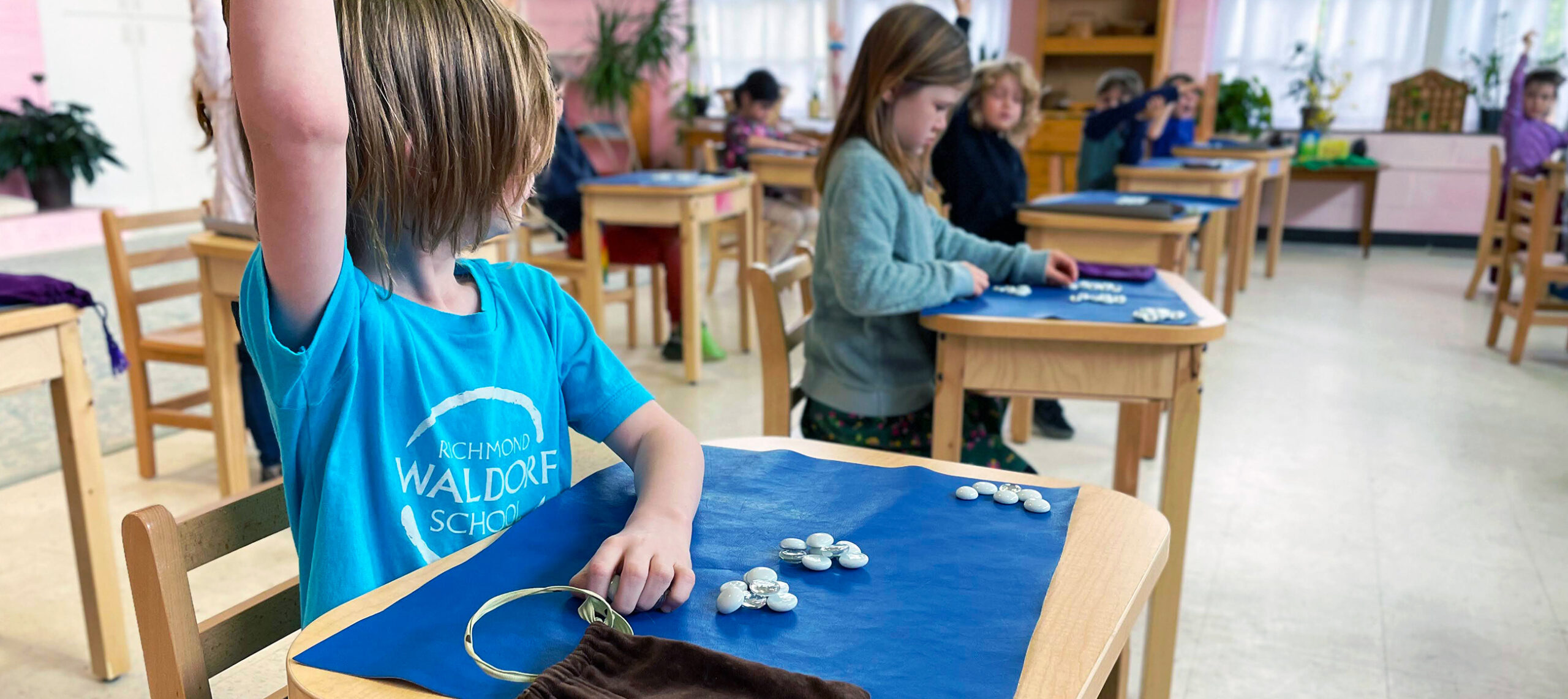
Learning is Multi-Sensory. Teaching Should Be Too.
Children learn in many different ways. That’s why it is so important for teachers to bring concepts through multiple senses. In Waldorf schools we teach science through stories as well as outdoors in nature and in the lab. We move, build, and even bake and eat our math. We teach literature through theater. We sing our history and languages. We teach this way so that our curriculum reaches more children, more deeply, in a way that they love and remember.
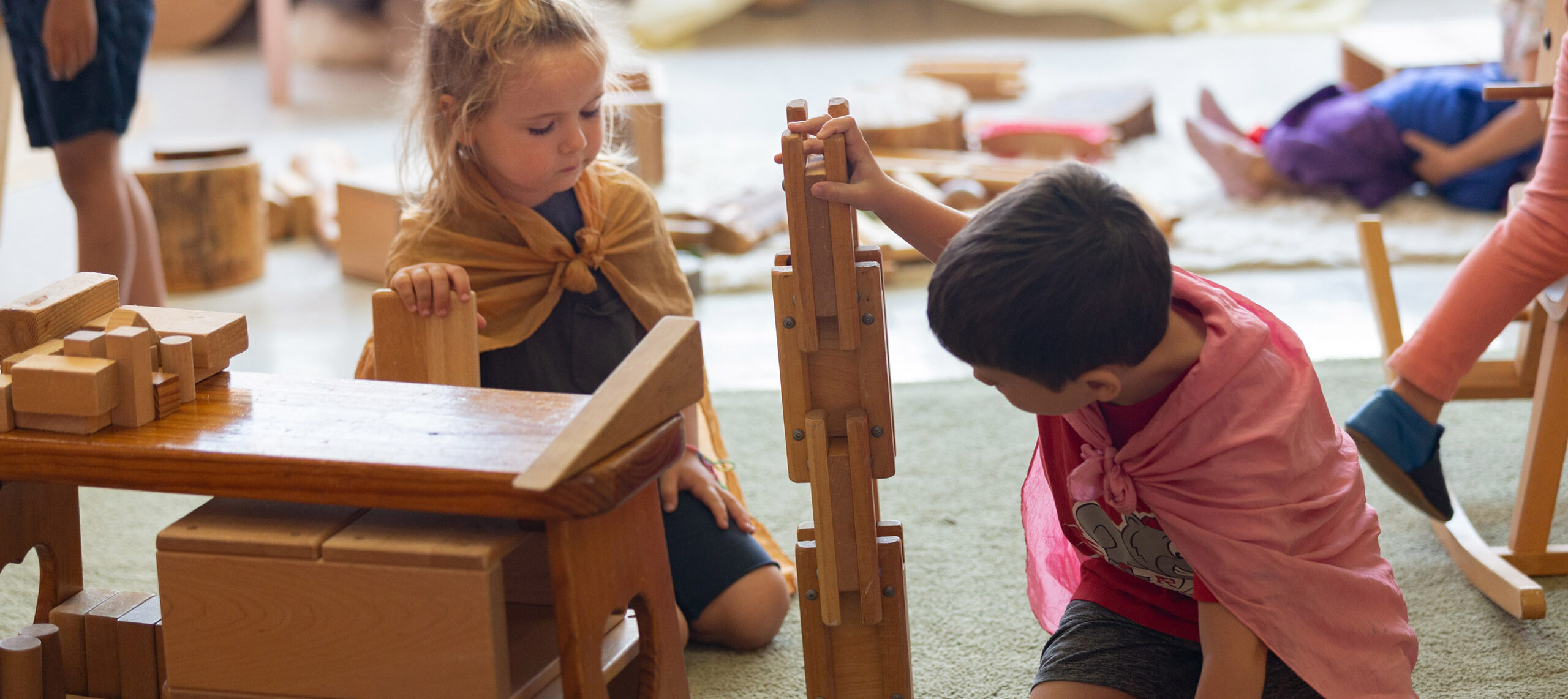
Waldorf Education in the Age of AI
How would you design an education system that helps students flourish in the face of changes to the nature of work, brought on by Artificial Intelligence (AI)? The rise of ChatGPT and other AI large-language models have brought this question to the forefront of parents and educators’ minds. Waldorf education is uniquely focused on developing children’s creativity, cultural competency, imagination, and original thinking. We believe that we set our students up for future success by teaching students how to articulate their own diverse viewpoints and understanding of the material. In a future where AI-generated content relies on recombining existing […]
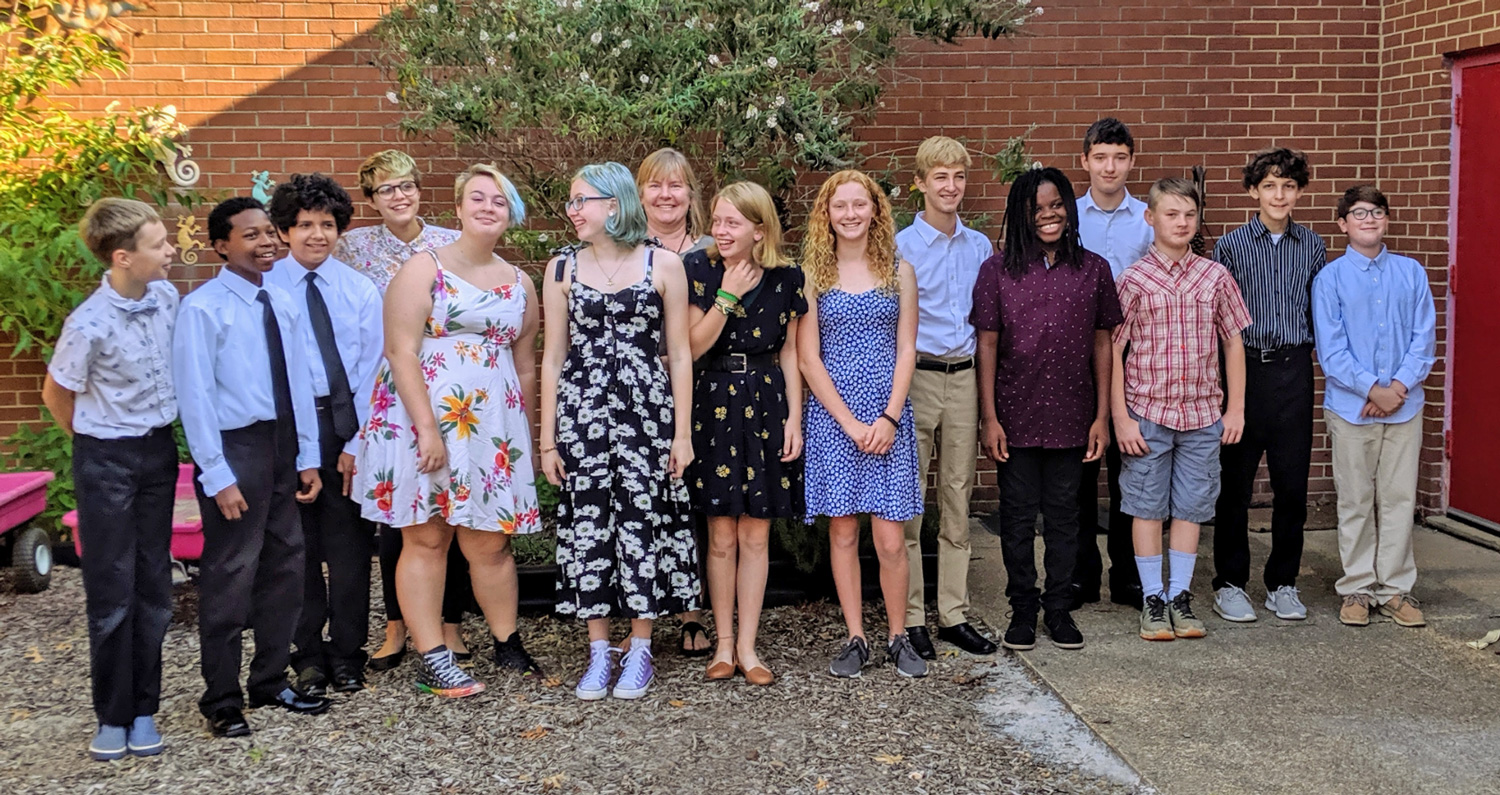
How Waldorf Students Stand Out
With an increasingly competitive college admissions process, grades and test scores are no longer the final deciding factors for students to be accepted into the colleges of their choice. Applicants need to find ways to distinguish themselves from the crowd. Waldorf students stand out in many ways from their peers. These Waldorf graduates bring a unique perspective, set of experiences, and skill set. The Waldorf approach, which incorporates the arts, outdoor education and hands-on learning into academics, helps our graduates stand out as individuals. They are curious, creative, confident, and experienced in working with their peers, their hands, and […]
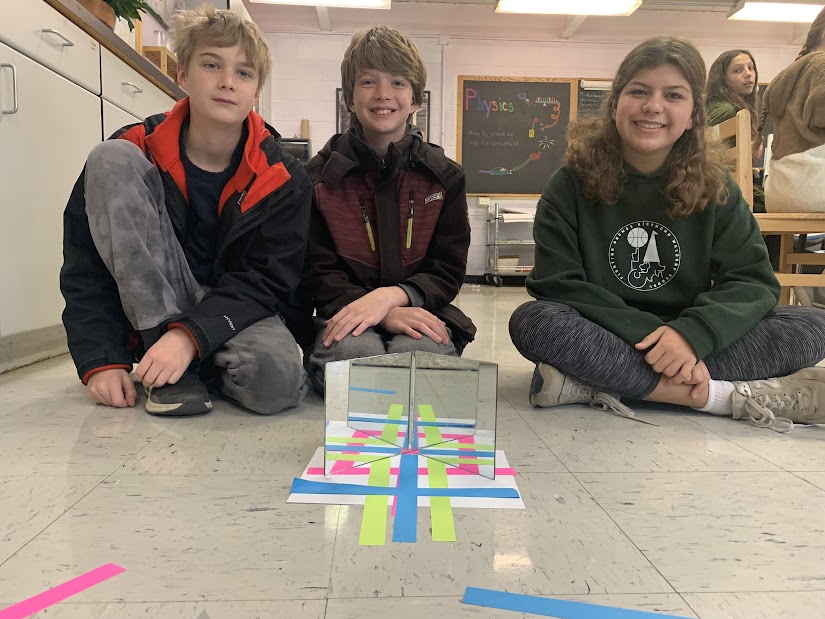
Waldorf Education: A Thoughtful Approach to Homework
Too often, homework becomes meaningless busywork that stresses and overwhelms students and their families, crushes creativity, and has little impact on children’s future success. In Waldorf education, we take a thoughtful, age-appropriate, and balanced approach. Homework is not introduced until later and is always focused on meaningful assignments to foster creativity and developing a deeper understanding of the subject. Assignments will often include an artistic or project-based component that connects to the theme being studied.
